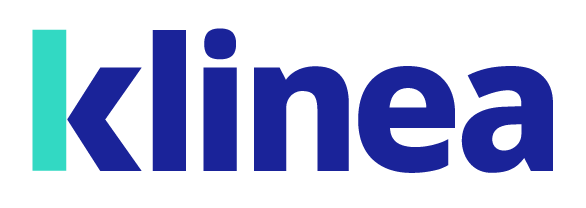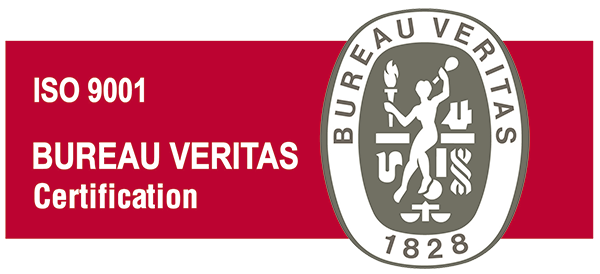In Cannabis projects for medicinal use there are 2 countries that are recurring, Canada and Germany. A large part of the companies worldwide are Canadian, so it is very common that behind any Cannabis project for medicinal use there is a Canadian company. On the other hand, the large Cannabis market at a European level is Germany, since the legalization of cannabis for medicinal use in 2017. In this article we will focus on the keys to the German market, to see a model that could be the one applied in Spain in a nearer future than we think.
German market data
Germany is the most populous country in the European Union (EU) with a population of 83.7 million inhabitants, with a long tradition of consuming natural remedies from plants, with 9.6 million potential cannabis consumers representing an annual consumption of 1.7 million kg of dried flower, with an average price per gram of flower of 9.54 Euros.
Germany is the first market in Europe and the third medical cannabis market in the world behind the United States and Canada.
The medical cannabis market in the European Union was estimated last year at between €230 and €280 million. In the first half of 2020, medical cannabis sales in Germany amounted to around €75 million.
Situation at the regulatory level
Some of the keys at the regulatory level in Germany:
Medical Cannabis has been legal since 2017.
In Germany (BfArM), a specialized Cannabis agency (Cannabisagentur) has been created responsible for the supervision and licensing of medicinal cannabis.
The objective of the German Cannabis Agency is not only to regulate the medical Cannabis market, but also to promote the cultivation and the German Cannabis industry.
In 2019, the German Cannabis agency put up for auction 10,400 Kg to grow in Germany that will be purchased by the German authorities for its health system. These 10,400 Kg are distributed over 4 years with an annual purchase of 2,600 Kg distributed in 13 lots of 200 Kg each year, the first harvest of German Cannabis is expected at the end of 2020. The companies that have been awarded the first contracts have been Aurora Produktions GmbH, Aphria Deutschaland GmbH, Demecan GmbH, both Aurora and Aphria are subsidiary companies of Canadian companies.
Manufacturers, retailers and pharmacies will not have to buy medicinal cannabis exclusively from the state cannabis agency, but will also be able to do so directly from importers, which makes it a very interesting market for the rest of the companies that are in the industry. of cannabis, in fact, Germany imported 4,126 Kg of medicinal Cannabis during the first half of 2020.
On the other hand, Germany is also leading the way in terms of quality specifications, since the German Pharmacopoeia has published monographs on dried flower and extract.
Conclusions
Germany is a good example of how to regulate and take advantage of this business to benefit patients and on the other hand to generate an associated industry. Germany remains fertile ground for investment, not only in terms of its potential market, but also for the benefit of a liberal state where business practices maintain a traditional reputation for transparency and efficiency.
The medicinal benefits of cannabis are scientifically proven and, surely, it is a matter of time before its use for therapeutic purposes ends up being regularized in Spain. Having a reference like Germany to know what the roadmap to follow in this process and learn from its mistakes is a great opportunity to implement this new product within our system in the most optimal way possible.



